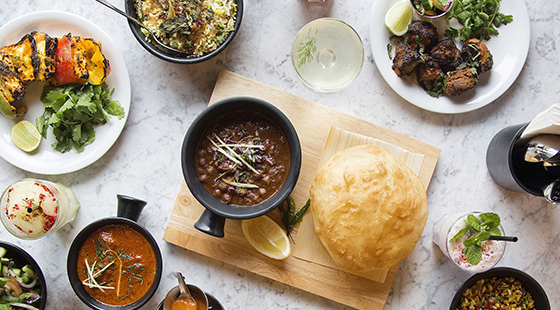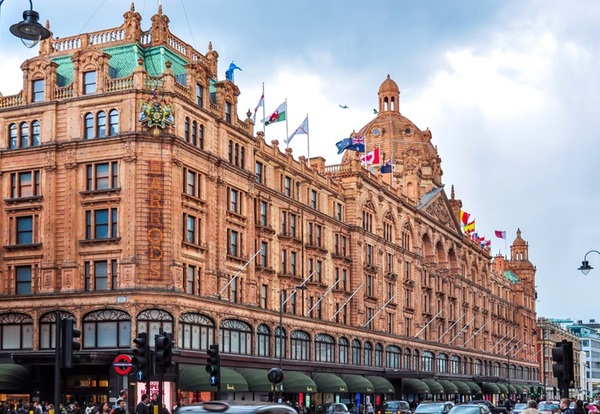Scientists urge government to introduce tax on red and processed meats
Scientists have urged governments to introduce a tax on processed and red meat, saying such a move could prevent more than 220,000 deaths annually and save the NHS millions of pounds.
Research conducted by Oxford University and published in journal PLoS One found that in high-income countries red meat would need to be marked-up by 20% to account for the healthcare costs related to its consumption, while prices of processed meats would need to be more than doubled.
But it appears officials are not rushing to introduce such a measure with Liz Truss, chief secretary to the treasury, tweeting: "What claptrap. Bacon is an important contributor to my wellbeing. #handsoff."
Beef, lamb and pork have all been linked to increased rates of coronary heart disease, stroke and type 2 diabetes and it is estimated that in 2020 there will be 2.4 million deaths attributable to red and processed meat consumption.
Dr Marco Springmann, of the Oxford Martin Programme on the Future of Food and the Nuffield Department of Population Health at the University of Oxford, said: "The consumption of red and processed meat exceeds recommended levels in most high- and middle-income countries. This is having significant impacts not only on personal health, but also on healthcare systems, which are taxpayer-funded in many countries, and on the economy, which is losing its labour force due to ill health and care for family members who fall ill.
"I hope that governments will consider introducing a health levy on red and processed meat as part of a range of measures to make healthy and sustainable decision-making easier for consumers. A health levy on red and processed meat would not limit choices, but send a powerful signal to consumers and take pressure off our healthcare systems."
Springmann's research suggested that taxes would see the consumption of processed meat decline by about two portions per week in high-income countries and by 16% globally. Consumption of unprocessed red meat would be expected to remain steady.
Chancellor reveals relief likely to save hospitality £750m in budget>>


















